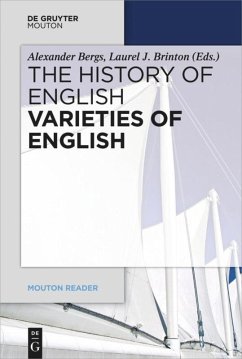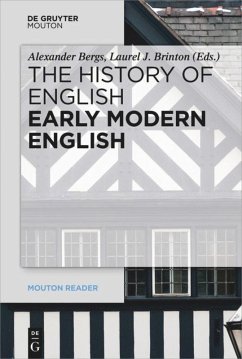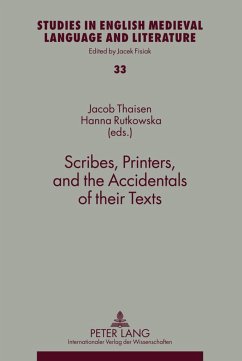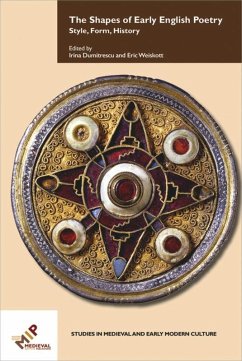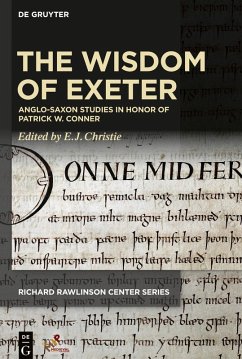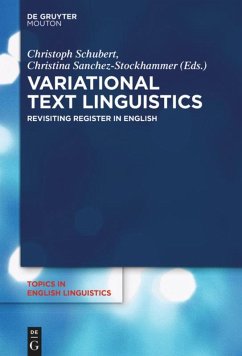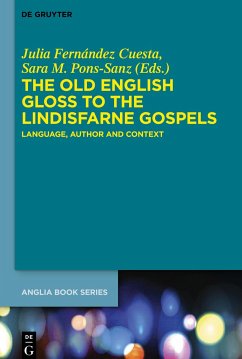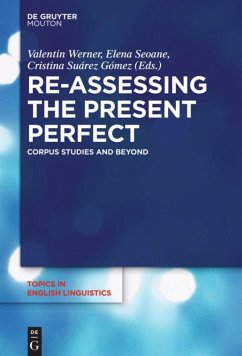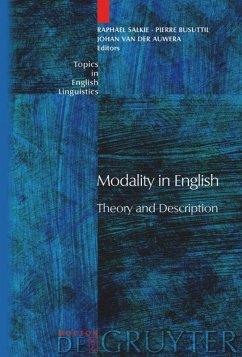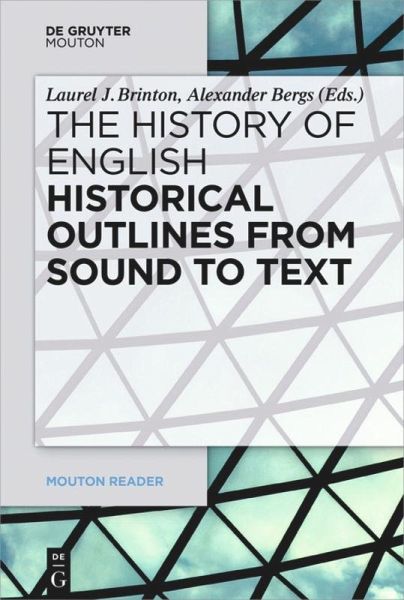
Historical Outlines from Sound to Text
Versandkostenfrei!
Versandfertig in 1-2 Wochen
35,99 €
inkl. MwSt.

PAYBACK Punkte
18 °P sammeln!
This volume provides a comprehensive overview of the history of English, organized by linguistic level, and it explores key questions and debates. Individual chapters are written by recognized experts in the field. The volume begins with a re-evaluation of the concept of periodization in the history of English. This is followed by overviews of changes in the traditional areas of phonology, morphology, syntax, and semantics as well as chapters covering areas less often treated in histories of English, including prosody, idioms and fixed expressions, pragmatics and discourse, onomastics, orthogr...
This volume provides a comprehensive overview of the history of English, organized by linguistic level, and it explores key questions and debates. Individual chapters are written by recognized experts in the field. The volume begins with a re-evaluation of the concept of periodization in the history of English. This is followed by overviews of changes in the traditional areas of phonology, morphology, syntax, and semantics as well as chapters covering areas less often treated in histories of English, including prosody, idioms and fixed expressions, pragmatics and discourse, onomastics, orthography, style/register/text types, and standardization.





